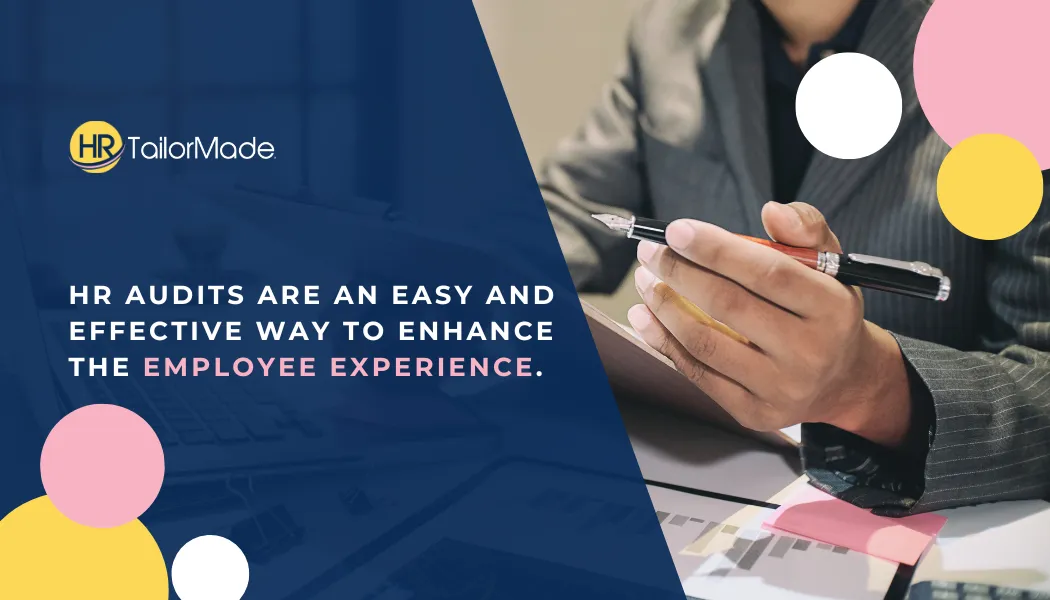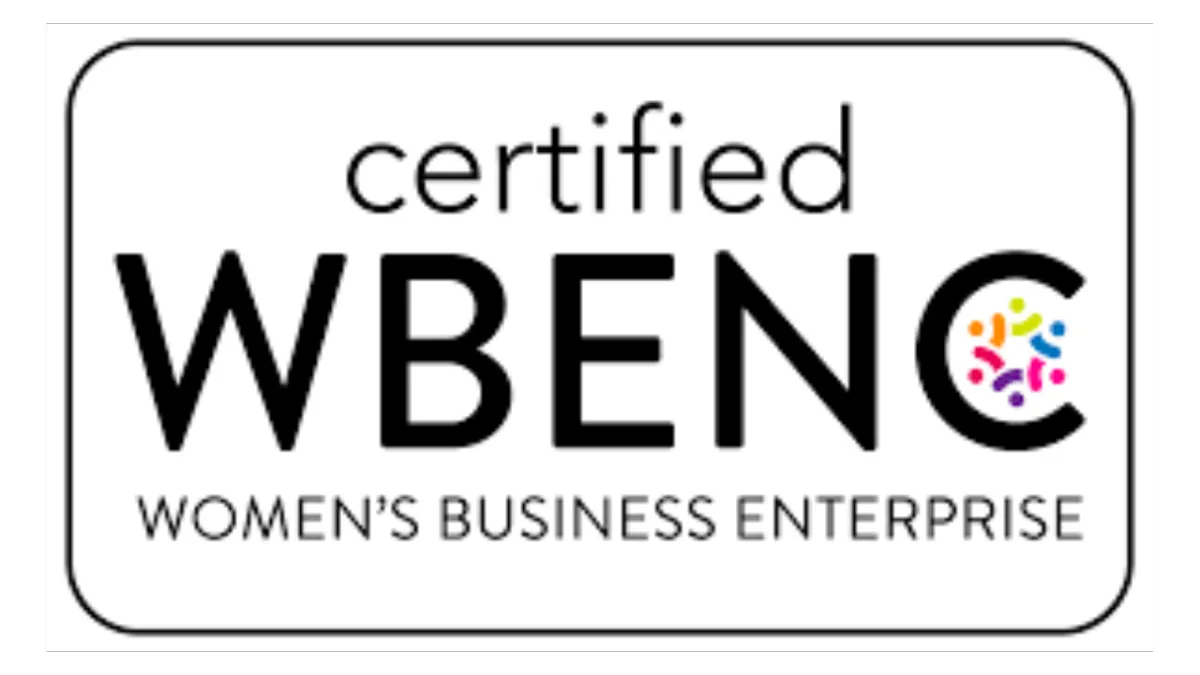Check Out Our Blogs for Workplace Support


Enhancing Employee Experience: How an HR Audit Can Boost Morale and Productivity
There is no denying that in today’s competitive business landscape, the employee experience has become a critical factor in organizational success. Effective Human Resources (HR) practices are at the heart of creating a positive employee experience, directly impacting morale, productivity, and retention.
After all, when employees feel valued and supported, they are more likely to feel satisfied with their role and contribute positively toward the company’s goals. This is where the connection between robust HR practices and positive employee experiences becomes evident.
Benefits of a Positive Workplace
Creating a positive work environment is not just about keeping employees happy—it has tangible benefits for your organization. When your team’s engaged and motivated, they’re more likely to be productive and contribute to the company’s success.
A positive work environment also reduces employee turnover, saving the organization significant costs in recruiting and training new staff. Furthermore, companies known for their positive work environments attract top talent and are seen as desirable places to work, enhancing your company's reputation in the industry.
Identifying Gaps
An HR audit comprehensively reviews an organization's HR policies, practices, and procedures to identify what’s working well and what’s not. It’s also a powerful tool to identify gaps that may undermine the employee experience.
Key areas that an HR audit can uncover include:
Benefits and Compensation: Are there discrepancies in pay equity? Are your benefits competitive and meeting the needs of your employees? For instance, you may find that your parental leave policy is less generous than competitors, which explains the high turnover rate among new parents.
Administration and Compliance: Are your HR administrative processes efficient and compliant with current laws and regulations? You may find that your time-keeping system is leading to inaccurate pay, risking legal action.
Employee Engagement: Are your engagement strategies effective in keeping employees motivated and committed to their work? An audit may reveal that your team feels disconnected from leadership due to a lack of regular feedback.
Communication: Is there a transparent and open line of communication between management and employees? Poor communication can lead to misunderstandings and a lack of trust, negatively impacting company morale.
By identifying these gaps, an HR audit can provide the insights needed to address issues before they escalate, ensuring that employees feel supported and valued.
Benefits of an HR Audit
An HR audit does more than provide a roadmap for creating a better workplace. It offers practical recommendations to enhance policies, procedures, and programs, ensuring that all HR practices align with current laws and regulations, protecting the company from potential legal issues. Additionally, it helps develop strategies to keep employees engaged and motivated, contributing to a more positive and productive work environment.
Here are some examples of practical recommendations you could see in an HR audit:
Revising Benefits Packages
An HR audit might recommend updating benefits packages to better meet employee needs. For example, adding flexible work arrangements, wellness programs, or enhanced healthcare options can make employees feel more valued and supported. These changes can also make your organization more competitive in attracting and retaining top talent.
Improving Administrative Processes
The audit may identify inefficiencies in HR administrative processes, such as outdated record-keeping systems or manual workflows. Implementing a modern HR information system can streamline these processes, reduce administrative burdens, and allow you to focus more on strategic initiatives.
Boosting Employee Engagement
If engagement strategies are lacking, the audit may suggest implementing regular employee surveys to gather feedback, introducing recognition and reward programs, and creating opportunities for career development and advancement. These actions can keep employees motivated and committed to their work.
Strengthening Communication
To improve communication, the audit might recommend establishing regular town hall meetings, creating an internal newsletter, or implementing an open-door policy to encourage transparency and dialogue between management and employees. These initiatives help build trust and ensure that employees feel informed and heard.
Creating a Positive Work Culture
The audit might suggest initiatives to foster a positive work culture, such as team-building activities, diversity and inclusion programs, and wellness initiatives. These efforts can create a supportive and inclusive environment where employees feel valued and respected.
Ready to Boost Productivity and Morale?
Is your organization ready to take the next step in enhancing the employee experience? Book an HR audit with HR TailorMade today. Our experienced consultants will work with you to identify areas for improvement and provide actionable insights to create a better workplace for your employees. Together, we can boost morale, increase productivity, and build a positive company culture that attracts and retains top talent.

We can help you!
Our HR services have helped a myriad of companies improve their bottom-line, save time and improve employee retention. Isn’t this what business owners want?
If you are ready to scale your business by getting your HR house in order, book your complimentary HR strategy session!
We can help you!
Our HR services have helped a myriad of companies improve their bottom-line, save time and improve employee retention. Isn’t this what business owners want?
If you are ready to scale your business by getting your HR house in order, book your complimentary HR strategy session!


Stop ‘Winging’ the Onboarding Process
Download our 8-step Onboarding Checklist to make things
easy on you…and better for the whole team
Download the FREE Checklist:
I agree to terms & conditions provided by HR TailorMade. By providing my email address I agree to receive email messages knowing I can easily unsubscribe at any time.
